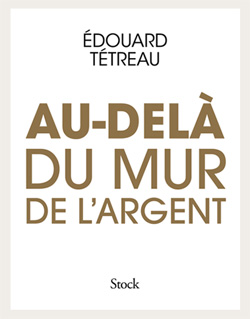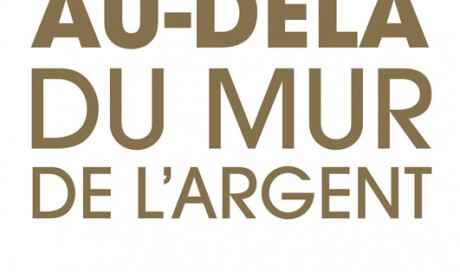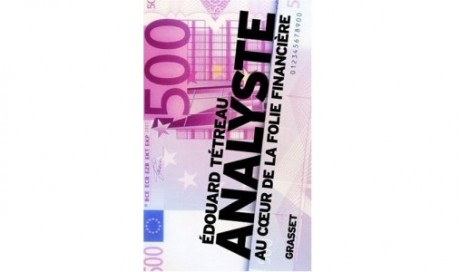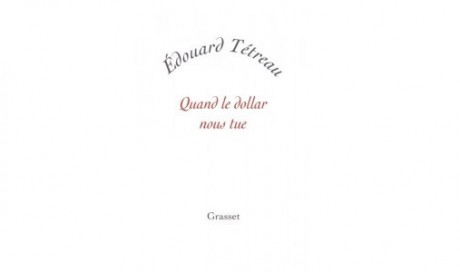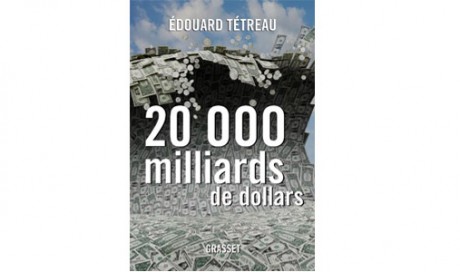- 95 Views
- 0 Comment
- No tags
There is only one way to dissuade Russia from pursuing an offensive in Ukraine –threaten its economic interests, by leveraging either European gas purchases from Russia or the freezing of financial assets.
“In the case of an attack, however limited, our defenses would be so overcome that they would be unable to fight back for longer than one week.” This somber prophecy did not come from the head of the Ukrainian army, but another country neighboring Russia –Sweden. Facing the scaling-back of their defense budget, general Sverker Goränson sounded the alarm in December 2012 with relative indifference.
The Russian military invasion in Crimea reminds all European countries how grievously irresponsible the level of their defense divestments had become. In the coming months and years we should thus logically witness a rise in European military spending.
In the meantime, how do we foster effective diplomacy in the face of Putin’s use of force, when he knows well and good that (except perhaps Bernard-Henri Lévy) Europe and the US have neither the means nor the willingness to voluntarily intervene militarily?
At this stage, the Western initiatives are confusing: excluding Russia from G8 meetings should not keep Putin from sleeping, nor make naive calls to his conscience his humanity. Indeed, both seem rather lacking, if the thousands of Syrians gassed by Assad’s regime with explicit assent and logistical and financial support from Moscow are any indication.
It is therefore important to hit Putin’s Russia hard where it is most vulnerable –in the wallet. Russia’s fragility appears in two specific places in this sensitive domain: its great dependence on Western gas and oil purchases and its public and private financial assets, invested in the West.
During his visit to Paris two days ago, the former German chancellor Gerhard Schröder pointed out that “20%” of the Russian budget is financed by fossil energy exportations, representing two thirds of the country’s exports. The day that Russia (which already has 7% inflation, a 9% borrowing rate from the state from the last ten years, and a devalued currency at 20% in one year against the euro) cannot run its energy production, Russia will be at its knees. The state company Gazprom’s numbers are particularly alarming: 65% of the global gas giant’s exports are made to 20 countries in the European Union. Monday, its stock capitalization plummeted 14% (-8 billion euros), reflecting this vulnerability and dragging with it the Moscow Stock Exchange (-11%).
One might object that the European Union is excessively dependent on Russian gas, which represents 30% of its gas purchases on average. This number reflects rather disparate situations: whereas Russian gas represents 14% of gas consumed in France (notably nuclear), it represents 36% in Germany, almost 50% in Poland, and well above that in Greece (76%), the Czech Republic (78%), and Slovakia (98%). The Ukraine crisis, whatever its outcome, reveals the urgent need for Europe to depend less on Russia for its energy supply, meaning that: 1. We need to establish a coordinated energy policy to mutualize its purchases between countries in order to lower prices; 2. We should diversify our supplies by importing from nearby countries like Algeria and Qatar through pursuing adequate infrastructures (LNG); 3. We must develop a proactive policy on energy that Europe can produce quickly on its own soil, from shale gas to nuclear energy; 4. We need to establish energy efficient policies (habitat insulation) to lower the global cost- and the business numbers of Gazprom.
But, like defense, these actions will take years.
In contrast, there is an action that the European Union can undertake in the short-term, with the US: freeze both public and private Russian financial assets invested in the West (like those of Iran). The EEAS (European External Action Service) of the European Union would allow it. The European Council will gather tomorrow in an extraordinary session to make a decision, like the case of 21 September 2001 to freeze the assets of 30 individuals and a dozen terrorist organizations.
Among the numerous advantages of such an action, besides the fact that it would not include military force, is that it would clarify the positions of various European countries and financial entities, some of which have welcomed suspicious capital without much diligence in the last few years.
In this regard, the threat issued on Sunday by British Prime Minister David Cameron, that Russia would “pay a significant price” if it invaded Crimea, is particularly encouraging. In contrast, there is no place for narrow-minded recommendations like the ones released yesterday in a brief by Security Advisor Hugh Powell (“Great Britain does not approve of economic sanctions against Russia […] nor of closing access to the city of London to Russians.”) Freezing Western investments in Russia, like freezing Russian financial assets in the US and in Europe, notably in financial entities of New York and London, will be the most effective weapon to discourage Putin’s acts of war. Shame on him who thinks ill of it.
OUR RECENT
WORKS
-
20000 Milliards de…Book
Warning: Invalid argument supplied for foreach() in /home/edouardt/www/wp-content/themes/edtetreau/includes/part-portfolio.php on line 54
Warning: Invalid argument supplied for foreach() in /home/edouardt/www/wp-content/themes/edtetreau/includes/part-portfolio.php on line 54
Warning: Invalid argument supplied for foreach() in /home/edouardt/www/wp-content/themes/edtetreau/includes/part-portfolio.php on line 54


